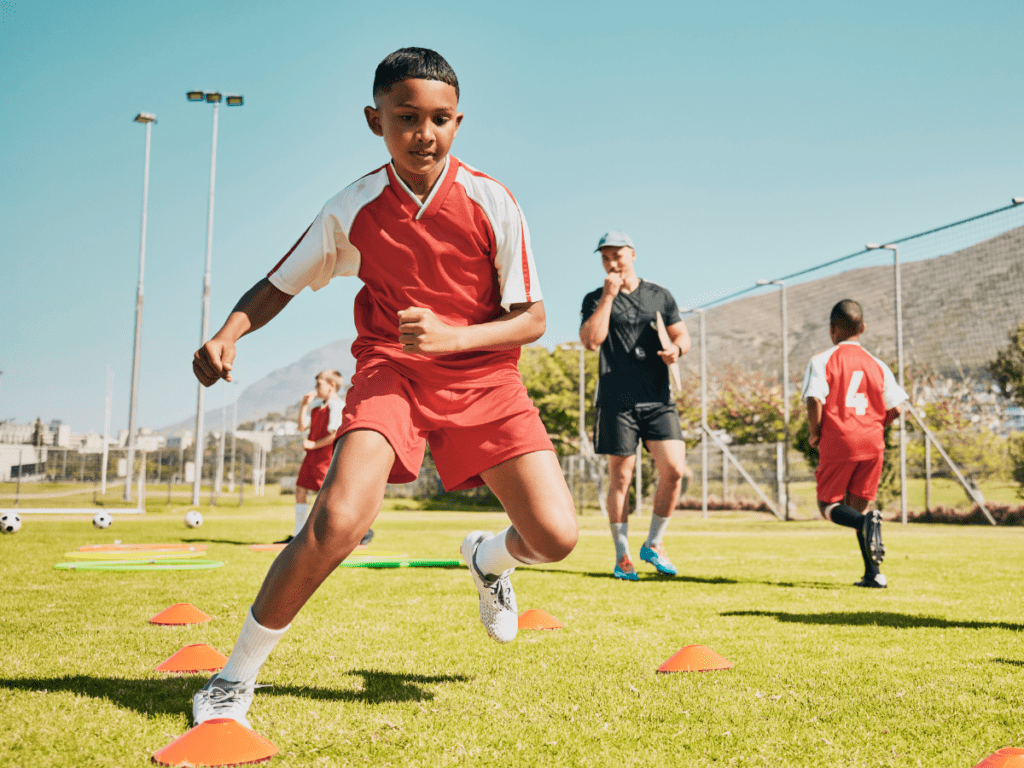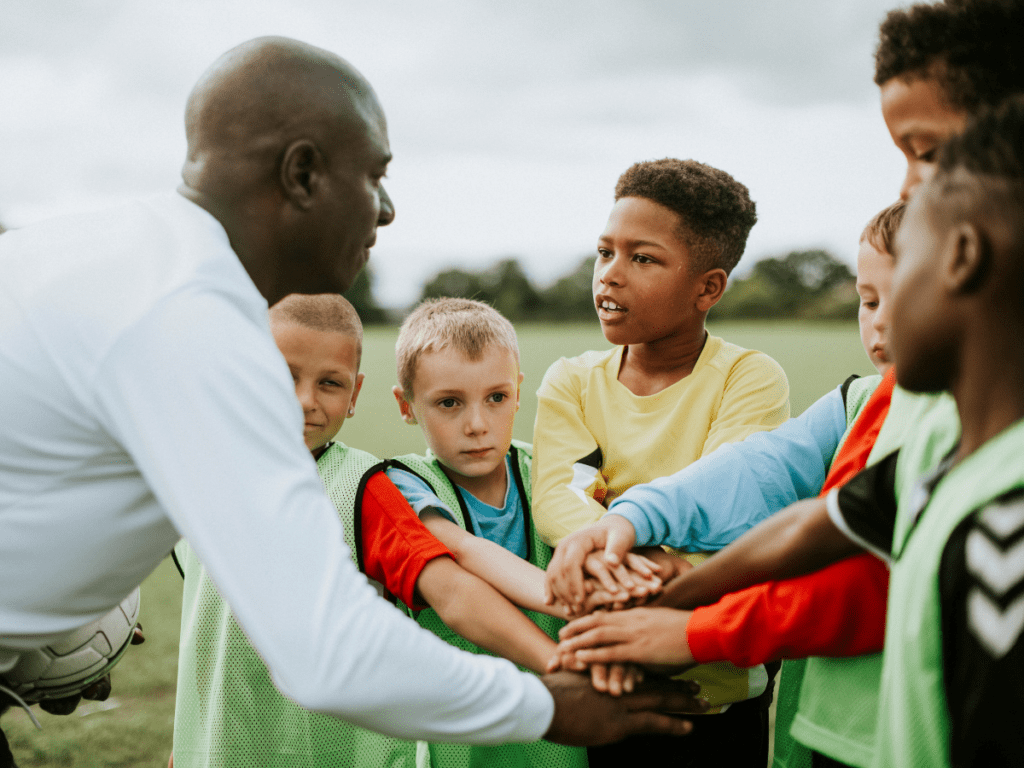Sport specialization beliefs
Youth athletes may experience increased pressure to specialize when involved in club-level sport. Research discovered club coaches were more likely to possess attitudes in favor of sport specialization, when compared with high school coaches. Early sport specialization has been associated with negative physical and psychological outcomes including overuse injuries, dropout from sport, burnout, and lower…
Cultural relevancy and positive youth development: Exploring the sport and physical activity experiences of indigenous youth in Canada

Project summary The purpose of the study was to gain insight into how positive youth development (PYD) through sport and physical activity is understood for Indigenous youth in western, central, and eastern urban communities in Canada. The following research questions were addressed: 1) What meaning do the outcomes related to PYD in sport and physical…
Healthy sleep for youth
Research indicates 70% of school-aged children and youth in Canada met recommendations for healthy sleep. This is important because a good night’s sleep can improve cognitive functions and moods, help maintain healthy body weight, and increase energy to help kids stay active throughout the day. In this infographic, discover tips to support healthy sleep behaviours…
Competing with concussion symptoms
A study of former collegiate athletes in Ontario discovered 44.9% competed despite experiencing concussion symptoms. Consider how changing group norms can support effective concussion management in the SIRC blog, and access concussion prevention and management resources on SIRC’s concussion hub.
For or Against? The Pros and Cons of Early Talent Identification in Sport

Early Talent Identification (TID) describes the process of identifying, evaluating and selecting athletes for sport programs in early adolescence (ages 10-14). This practice has created a contentious issue in sport. On one hand, early selection may eliminate late bloomers from the system. On the other, resources in sport programs are finite, and can only be…
Trauma-sensitive play
Children acting out on the field or in the pool may lack the skills to regulate their thoughts, emotions, and behaviours; rather than the will to respond in prosocial ways. Trauma-sensitive play can help build children’s skills and resilience.
Teacher-coaches’ influence on the global development of student-athletes: An examination of perceived dual role benefits and challenges

Project summary Youth development research has examined the antecedents, processes, and outcomes that occur in sport contexts. One common finding that consistently emerges is that influential adults, such as teachers and coaches, play instrumental roles in facilitating the developmental process. Most of the past research on teachers and coaches has examined these two roles in…
Motor skill inequalities
Children of families with low socio-economic status face often barriers to developing the motor skills needed to enjoy and engage in physical activity and sport throughout life (e.g., limited access to sport equipment at home, reduced parental support, and fewer financial resources). To address motor skill inequalities, targeted interventions should consider developmentally appropriate activities to…
Screen-free family time
According to the Canadian 24-Hour Movement Guidelines, children and youth (5–17 years) should limit recreational screen time to 2 hours per day and efforts should be made to interrupt extended periods of sitting. Check out this infographic for tips on creating a family media plan that includes screen-free family meals and the use “device baskets.”
Playing through injury
Athletes playing through injury and pain are often celebrated. However, these stories influence how youth (and their parents and coaches) define what it means to be a “real” athlete, increasing the risk of injury and short and long-term health impacts. Learn how coaches can challenge group norms that support playing through injury in the SIRC…